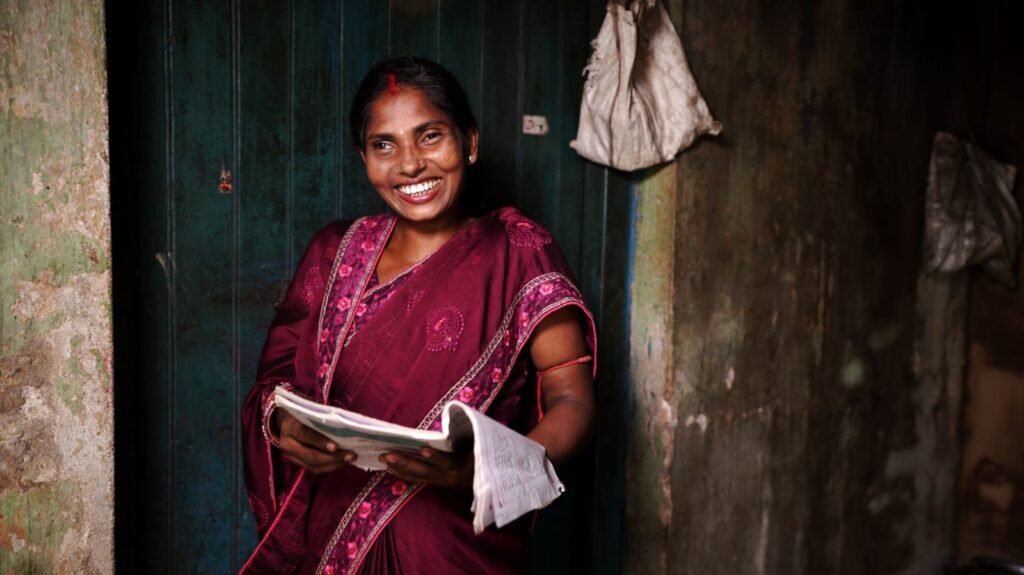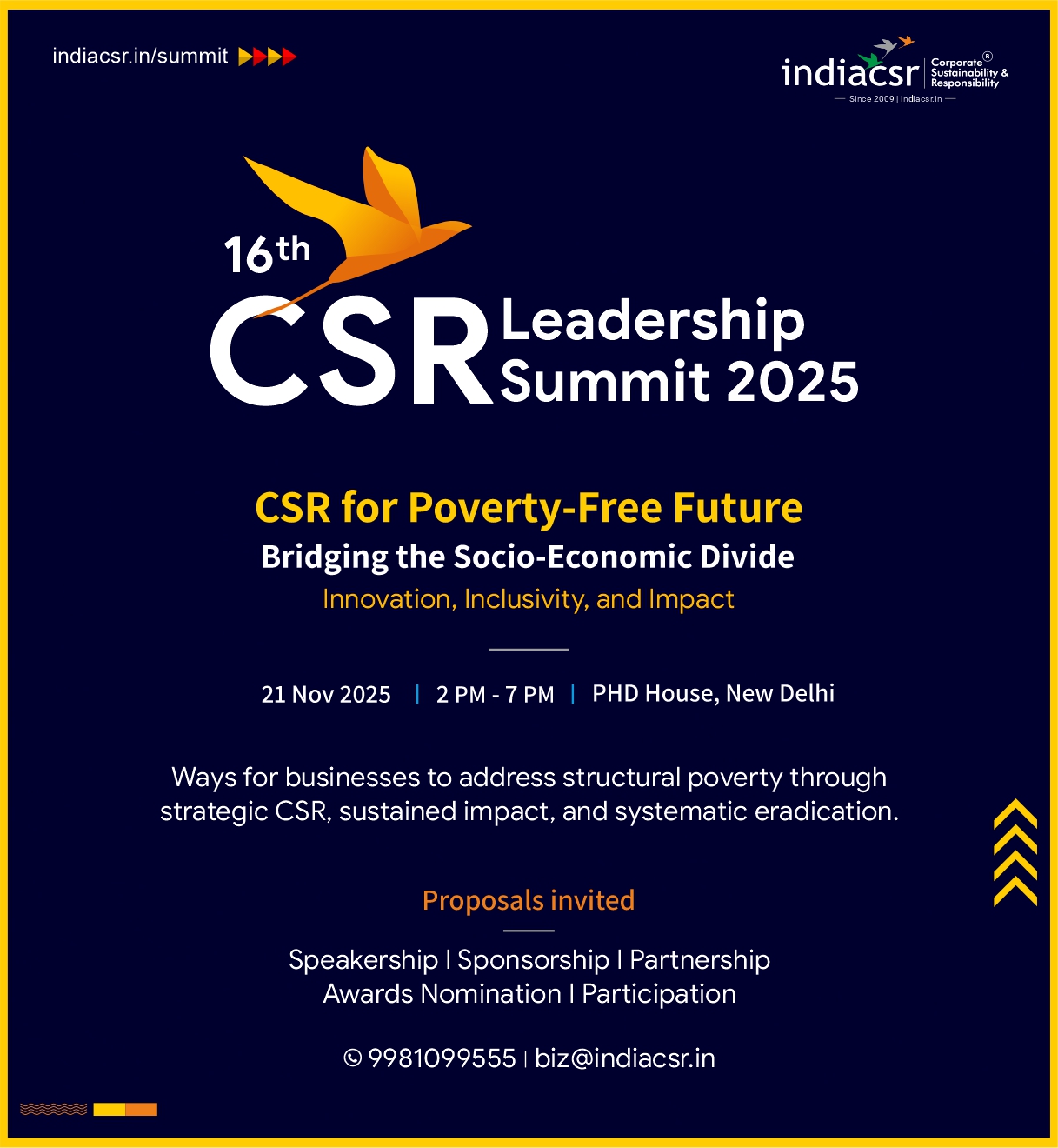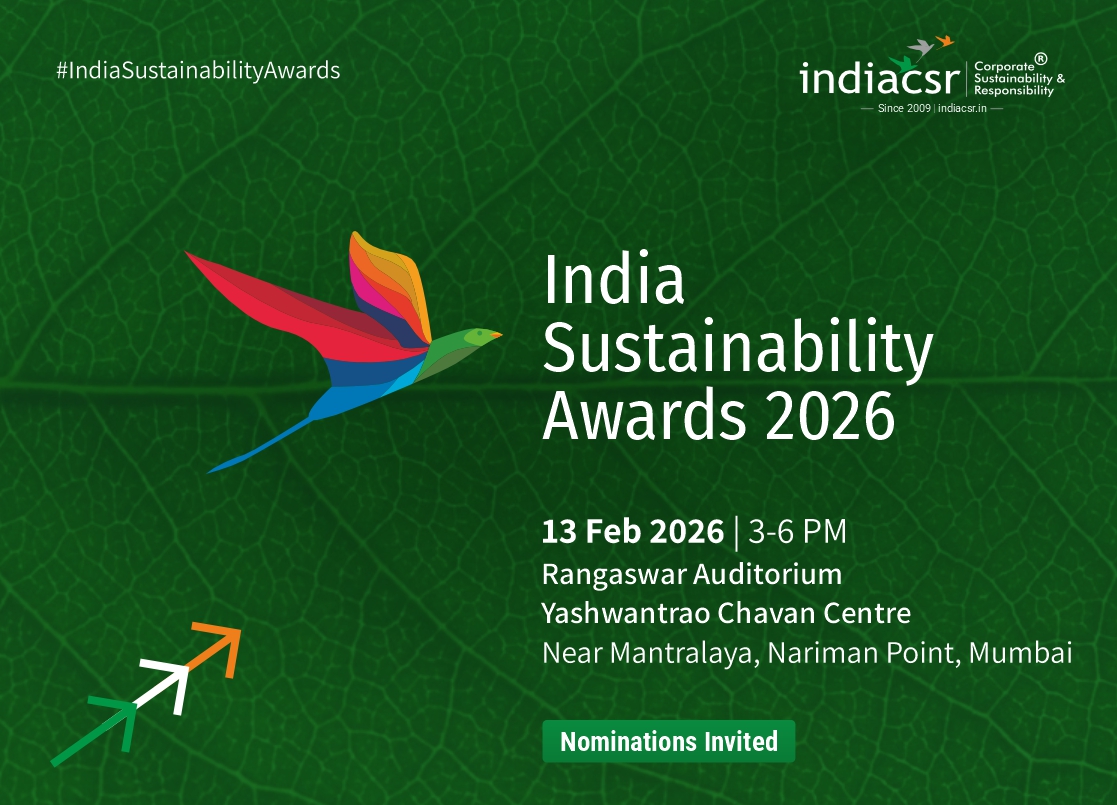PRADAN empowers rural India’s young women through skill development, education, and entrepreneurship for inclusive growth.

By Bandana Devi and Shikha Singh
India is home to 254 million young people between the ages of 15 and 24 years, making it one of the youngest countries in the world. Yet, women’s participation in the workforce remains strikingly low. According to the Periodic Labour Force Survey (2017–18), the work participation rate of rural women fell from 25% to 18%. Despite improvements in education and a decline in fertility, almost 70% of women in India remain outside the workforce, and participation in formal sector jobs is even more limited. This points to a twin challenge — deeply ingrained gender barriers on the one hand and the lack of supportive ecosystems on the other. While India has launched several youth-focused initiatives, such as Skill India and various state-run programs, these essentially take a gender-neutral stance and fail to account for the lived realities of rural young women between 18 and 30 years of age.
The Hidden Struggles of Rural Young Women
PRADAN’s experience of working with self-help groups and women in farm-based livelihoods reveals that this younger age group, particularly those between 18 and 25, often falls through the cracks. Many are unmarried, school dropouts, or have completed schooling without access to information, skills, or opportunities. Social expectations, restricted mobility, and limited support systems push them into roles shaped by older women in their families, leaving little room to explore personal aspirations. Even when they show interest, barriers such as a lack of awareness about job possibilities, weak foundational and soft skills, limited training avenues, and weak follow-up mechanisms in skilling programs prevent them from progressing. Families often have no trusted local institutions to guide them, while community platforms like CLFs and Panchayats remain underutilized.
PRADAN’s Second Chance Education Initiative
To address this, PRADAN, with support from UN Women, piloted the Second Chance Education (SCE) Programme, a proof of concept in 2019 across five districts in Bihar and Odisha, to enhance education, employment, and entrepreneurship opportunities for young women. Within two and a half years, despite the Covid disruptions, a nucleus of young women emerged from these areas, taking up roles in diverse sectors such as healthcare, apparel, automotives, electronics, aviation, and hospitality, while also creating enterprises in manufacturing, trading, and services and linking dropout women back to formal education and also supported in higher education.

Beyond Skilling
Building on this learning, PRADAN recognizes that transformational change for marginalized women requires more than training or education alone. Many of these women have lived with gender-based barriers and discriminatory practices all their lives, often without realizing it, and therefore require access to practical support, life skills, personalized mentoring, and social learning platforms alongside education or training.
Partnership with NRLM
Currently, PRADAN is also engaged as a Technical Support Agency to NRLM in three states — Bihar, Chhattisgarh and Jharkhand — in strengthening Model CLF initiatives, where PRADAN is focusing on universalisation of livelihoods through CLF-led processes with a goal of reaching out to one million women having an annual income of more than Rs. 1.2 lakhs. In this initiative, PRADAN is engaged in promoting farm, off-farm and non-farm-based livelihood activities, which will be CLF-led.
Non-Farm Enterprises and Skilling
In non-farm-based livelihoods, PRADAN is focusing on the promotion of non-farm enterprises and skilling & employment of young women. PRADAN’s focus is to promote CLF-led skilling and employment of young women in several districts of Bihar, Chhattisgarh and Jharkhand. The significant engagement involves mobilising young women in collaboration with CLF and conducting capacity-building activities with them, before linking them with their preferred options.
Pathways to Empower Women
PRADAN youth skilling initiative supports women through three pathways: entrepreneurship and self-employment, employment and vocational training, and return to formal education, with a comprehensive approach of mobilisation, capacity building and awareness trainings, linkages in education/entrepreneurship and employment pathways and post-linkages support.
Reaching Eastern India
Since 2019, the initiative has expanded across several districts in Bihar, Odisha, Jharkhand, Chhattisgarh, and to date, the mobilisation has reached more than 50,000 women. Of these, more than 4000 women have been placed in formal jobs across sectors like apparel, healthcare, automobile, hospitality and electronics; 5000 have re-entered formal education and linked to higher education; and approximately 3500 women have started individual off-farm enterprises in retail, services, and manufacturing.
The Power of Gender-Responsive Skilling
These outcomes highlight the transformative potential of a gender-responsive skilling and livelihood approach. By addressing both the social barriers and ecosystem gaps, the initiative demonstrates that when rural young women are provided with the right environment, they can break cycles of marginalisation, step into dignified livelihoods, and contribute meaningfully to both gender equality and economic growth.
About the author
Bandana Devi is the Team Coordinator, PRADAN; and leads Shikha Singh, Project Manager (Education & Employment) at PRADAN
(India CSR)








